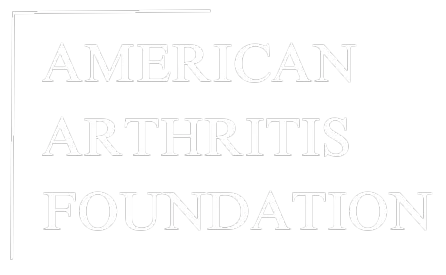
Welcome to the 21-Day Joint Health and Lymphatic Flow Challenge!
Are you ready to take control of your joint health and boost your lymphatic system? The 21-Day Joint Health and Lymphatic Flow Challenge is here to help you improve mobility, reduce stiffness, and enhance your overall well-being—all in just a few minutes each day!



Why Join the Challenge?
This program is designed to:
Improve Lymphatic Flow: Stimulate your body’s natural detoxification system.
Enhance Joint Mobility: Keep your joints flexible and pain-free.
Boost Well-being: Feel better, move easier, and enjoy your daily routine.
Each day’s exercise takes only 5 to 6 minutes, making it easy to fit into your schedule. It’s perfect for seniors or anyone looking for gentle yet effective movement routines, with modifications available for more intensity.
What to Expect:
Duration: 21 Days
Daily Commitment: 5-6 minutes of easy-to-follow exercises
How it Works: Receive daily video messages via text or email
Focus Areas: Lymphatic flow, joint mobility, and overall well-being
Adaptability: Exercises are suitable for all fitness levels, with modifications for increased challenge
How the Program is Structured:
Week 1: Foundations of Lymphatic Movement
Day 1 - 7 : Gentle exercises like deep breathing, shoulder shrugs, and seated marching to stimulate lymphatic circulation and gently mobilize your joints.
Week 2: Building Momentum
Day 8 - 14 : Introducing dynamic movements such as arm circles, seated leg extensions, and light squats to improve strength and flexibility.
Week 3: Maximizing Lymphatic Engagement
Day 15 - 21 : Combining movements and light resistance exercises like air rowing, wall push-ups, and full-body stretches to fully optimize lymphatic flow and joint health.
Simple, Accessible, and Effective!
No special equipment required
Suited for all fitness levels
Only 5-6 minutes a day
Ready to Get Started?
Join the 21-Day Joint Health and Lymphatic Flow Challenge today and take the first step toward improved joint health and better lymphatic circulation. Whether you're looking to relieve joint pain, improve flexibility, or boost your overall well-being, this challenge is perfect for you.
